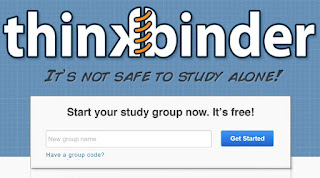- flexibility of thinking
- a desire to pursue understanding (not just information)
- the ability to analyze and synthesize information
- commitment to critiquing and validating findings
- efficient organization
- persistence
- ethics
- the right tool for the job
These skills take most individuals a lifetime to perfect and hone - a process that must start purposefully and in earnest early on in school.
For this post, the focus will be on finding and leveraging the right tool for the job.
The most popular search engine is Google and can be leveraged in a multitude of ways to enhance research skills. Watch the video linked below to view several significant tips for more effective and efficient searching.
For a "cheat sheet" of the ideas from the video and more, click on the image below or click on the 15 second search tips playlist! These are quick and easy resources for anyone (especially students) to bookmark and keep handy for research that takes place in any classroom, any content area, and at any level.
For a different, but no less effective tool, Wolfram Alpha is a fantastic search engine that functions in similar ways to Google, but with a variety of different results. With ways to customize searching and empower students, there is no end to what this tool can provide. In the video introduction included below, many of the key features of this search engine are explained in detail.
More ideas for searching or for utilizing Wolfram Alpha in the classroom can be found by clicking on the images below!
For a searching experience that is a bit more outside the box and collaborative, other suggestions include instaGrok and ThinkBinder. These resources add additional layers to the research process that are extremely beneficial for both students and teachers. Shared knowledge in the quest for deeper understanding is an essential component of good research and each of these tools provides another method for achieving a community of thinkers.
There are many resources available to help someone become a research ninja and more are being created all of the time. For me, I understand that the more I push the boundaries of my own understanding of various research tools, the more I will be able to equip my students to function in a world that requires deep thinking and proof through research and evidence to advance.
Have other research tips or tools that you would like to share? Please leave a comment below!







No comments:
Post a Comment